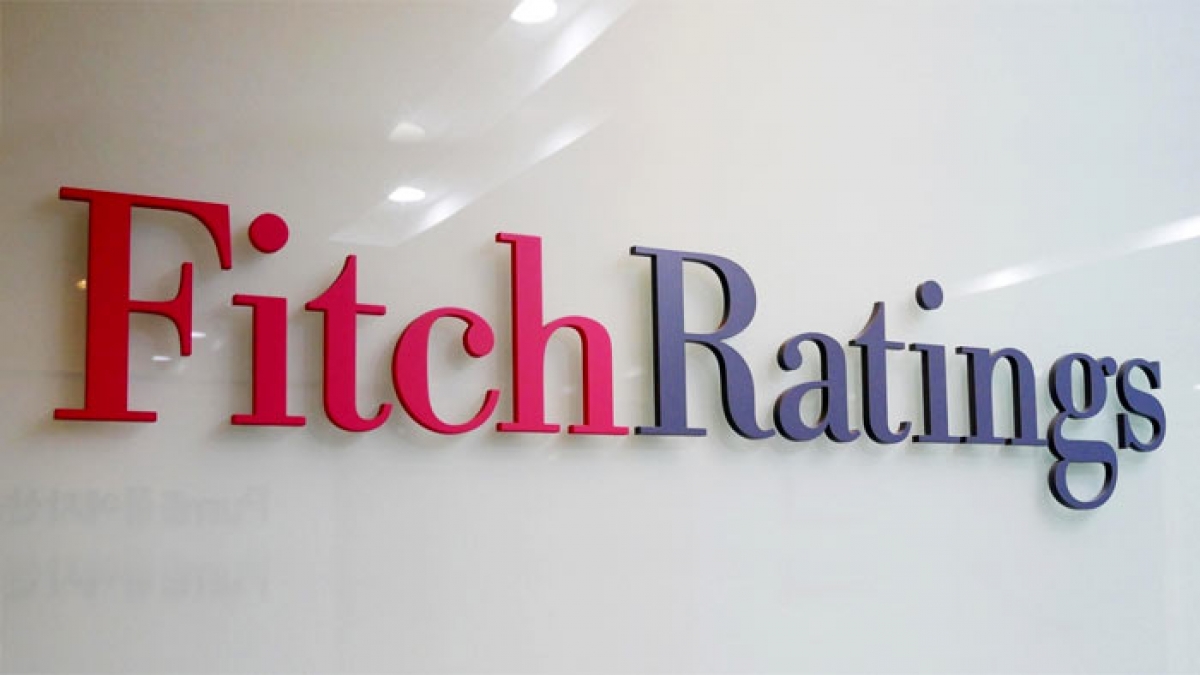Fitch Ratings has stated that Sri Lankan banks' operating environment (OE) assessment and overall credit profiles will benefit from any improvement in the sovereign's credit profile, particularly following the completion of its debt restructuring process. The agency emphasized the strong link between sovereign financial health and banks' operating conditions, suggesting that an upgrade in the sovereign’s Long-Term Foreign-Currency IDR (RD) and Long-Term Local-Currency IDR (CCC-) could positively impact the National Ratings of Fitch-rated large Sri Lankan banks, although relative to other local issuers.
The current OE score of Sri Lankan banks stands at ‘ccc-’/stable, which is heavily tied to the sovereign’s local-currency credit profile due to the banks' significant exposure to the domestic economy and government securities. At the end of 1H24, local-currency treasury instruments accounted for 33.4% of bank assets, and foreign currency instruments accounted for 3.4%, alongside substantial lending to the public sector.
Large banks, in particular, have higher sovereign exposure, while state-owned enterprises (SOEs) are mostly linked to the two state-owned domestic systemically important banks (D-SIBs). Fitch expects that improvements in Sri Lanka's credit profile will reduce sovereign-related pressures on the banks, which would be credit-positive from both financial and non-financial perspectives.
According to Fitch's National Scale Rating Criteria, national ratings are derived from the issuer's credit quality on the international rating scale and may be reassessed following any sovereign rating change. The agency will update the national ratings of affected local issuers to reflect any shifts in relative rankings.
Fitch last recalibrated the national rating scale for Sri Lanka on 12 January 2023, following the downgrade of the sovereign's Long-Term Local-Currency IDR from ‘CCC’ to ‘CC’. Ratings for most locally incorporated banks are based on their standalone credit profiles, excluding Cargills Bank PLC (A(lka)/Negative), which reflects Fitch’s expectation of extraordinary shareholder support. Despite strong state linkages, no extraordinary support is factored into the ratings of the two state-owned D-SIBs due to the sovereign’s limited ability to provide such support.
A sustained improvement in the sovereign's financial flexibility may prompt a reevaluation of state support, Fitch said.
Sri Lanka is nearing the completion of its foreign-currency debt restructuring. A successful restructuring, consistent with the proposed framework for local bondholders, is expected to significantly reduce the challenges faced by banks, improving their financial profiles. Furthermore, pressures on foreign- and local-currency funding and liquidity have eased, aided by stronger external sector flows and banks' liquidity preservation efforts. Fitch expects banks to regain access to foreign-currency wholesale funding once the sovereign’s creditworthiness is restored.










